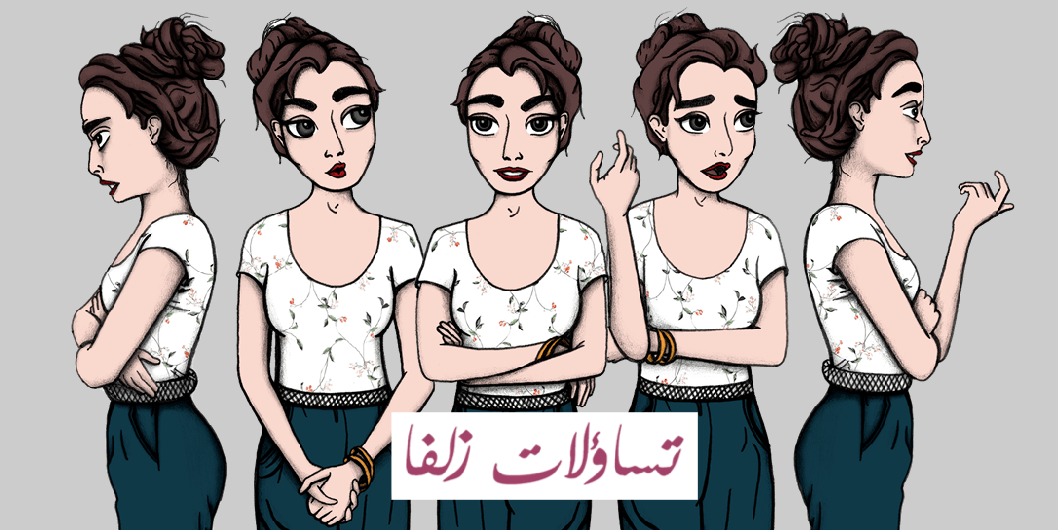- For Catholics: 16 years for males, 14 years for females.
- For Armenian Orthodox: 18 years for males, 15 years for females; however the spiritual leader may authorize the marriage between a 16 year old male and a 14 year old female, in unusual circumstances or for a very important reason.
- For Greek Orthodox: 18 years for males and females, however, when necessary, marriage can be held between a male who is no less than 17 years old and a female who is aged less than 15 years, taking into account the physical and health condition, the approval of the custodian, and the diocese permission.
- For Syriac Orthodox: 18 years for males, 14 years for females.
- For Assyrians: 18 years for males, 14 years for females.

